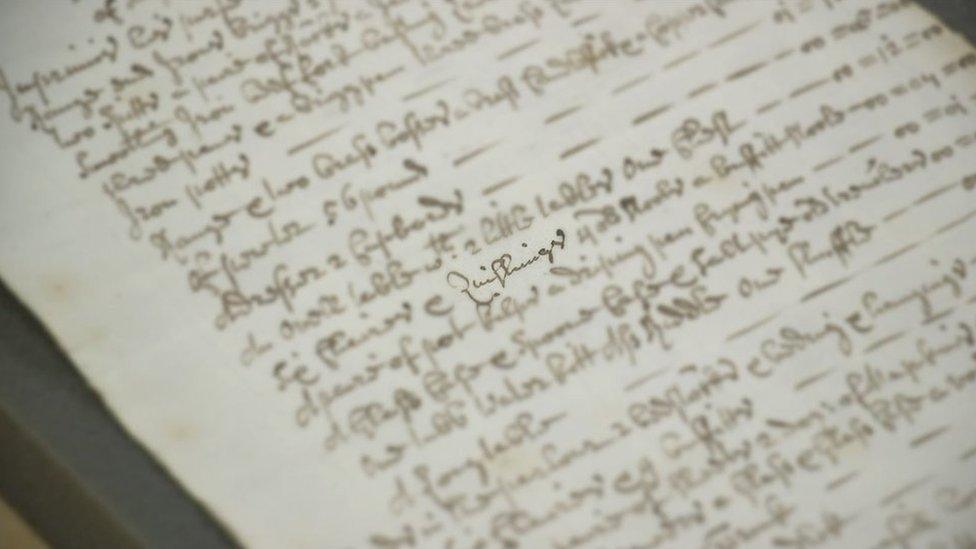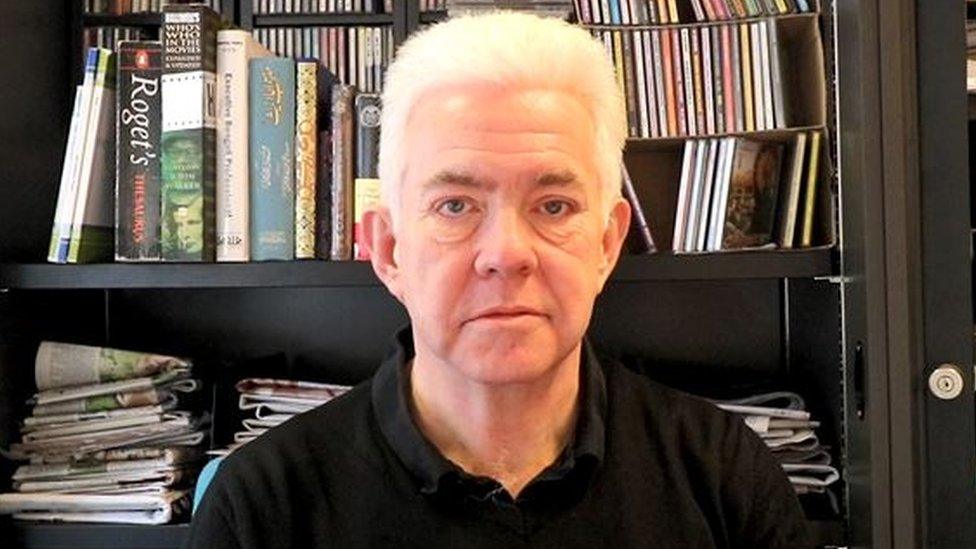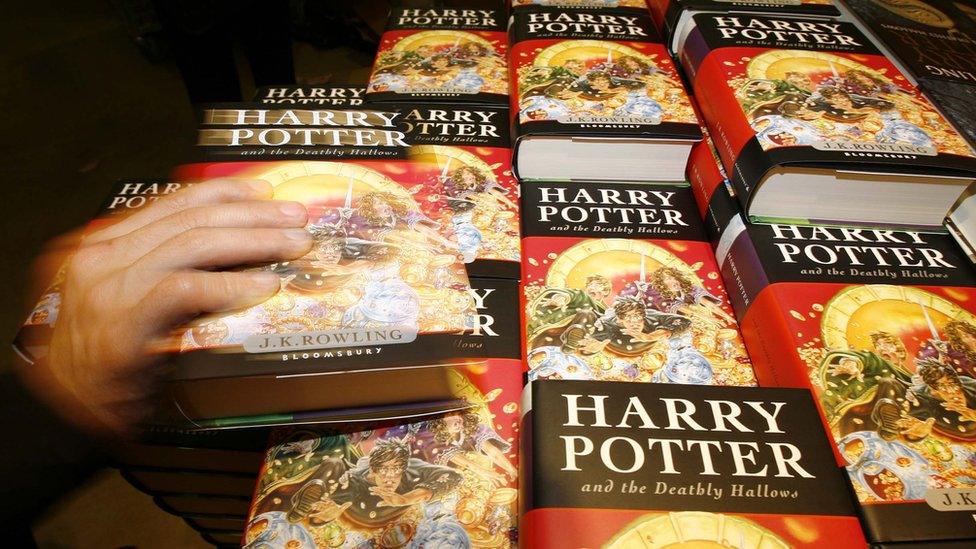New dictionary records 4,000 Yorkshire dialect words
- Published
New dictionary records 4,000 Yorkshire dialect words
More than 4,000 words have been collated in a newly published dictionary of Yorkshire dialect terms.
From abbeystead, external to yower, external - a term for a sheep's udder - it features words that were in use between about 1100 to 1800.
The entries were from documents such as 12th Century monastic records, probate inventories and church court papers.
Editor Alexandra Medcalf said through the dictionary it was possible to "track Yorkshire's history through its language use".
Work on the Yorkshire Historical Dictionary, external has taken more than 15 months to finish.
The book began life through the work of historian Dr George Redmonds.

The word Quishing - for cushion - appears in a 16th Centruy probate inventory
Ms Medcalf, project archivist at the Borthwick Institute for Archives, at the University of York, said Dr Redmonds spent more than 60 years collecting words on little postcards
"When we discovered his collection it was decided it was really too important to just stay in shoeboxes in his office," she said.
"It's a huge piece of work but a really important piece of work because it is full of information about the different parts of Yorkshire.
"You can't look back in history and understand it without understanding the language those people would have used."

Wrangwise - In an incorrect way, wrongly
Ginnel or Snicket - an alleyway
Ale-draper - A seller of ale
Laking - to play
Day gate - sunset
Jannock - fair or genuine
Bray - to hit someone or something
Brass - money
Fettle - to put in order
Beast Leech - a man practised in the healing of cattle, a 'vet' or 'cow doctor'

Dr Redmond, who died in 2018 before the project was completed, collected many of the words from sources including diaries, letters, court records and early tax rolls.
Among the entries are quishing, a term for cushion, and rackan crook, a hook for hanging pots and pans over a fire.
Another term "ware", meaning 'worse', was found in a church court record which included statements taken in a row over who could sit in a certain pew.

Poet Ian McMillan said if dialect words are not recorded they could disappear forever
Barnsley-born poet Ian McMillan, who helped launch the dictionary, said: "Sometimes Yorkshire words can just fly in the air, or end up on the edge of your ear, and the great job they've done with this dictionary is make it real, so these things are not ephemeral anymore.
"If you don't record these words then they'll go. Once the things that these words were about - mining, cotton, farming - start to change, and sometimes disappear, then the words will go too."
- Published15 November 2018
